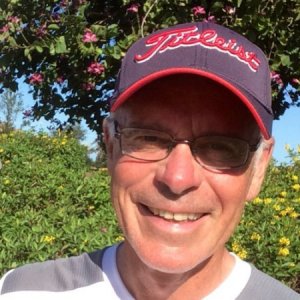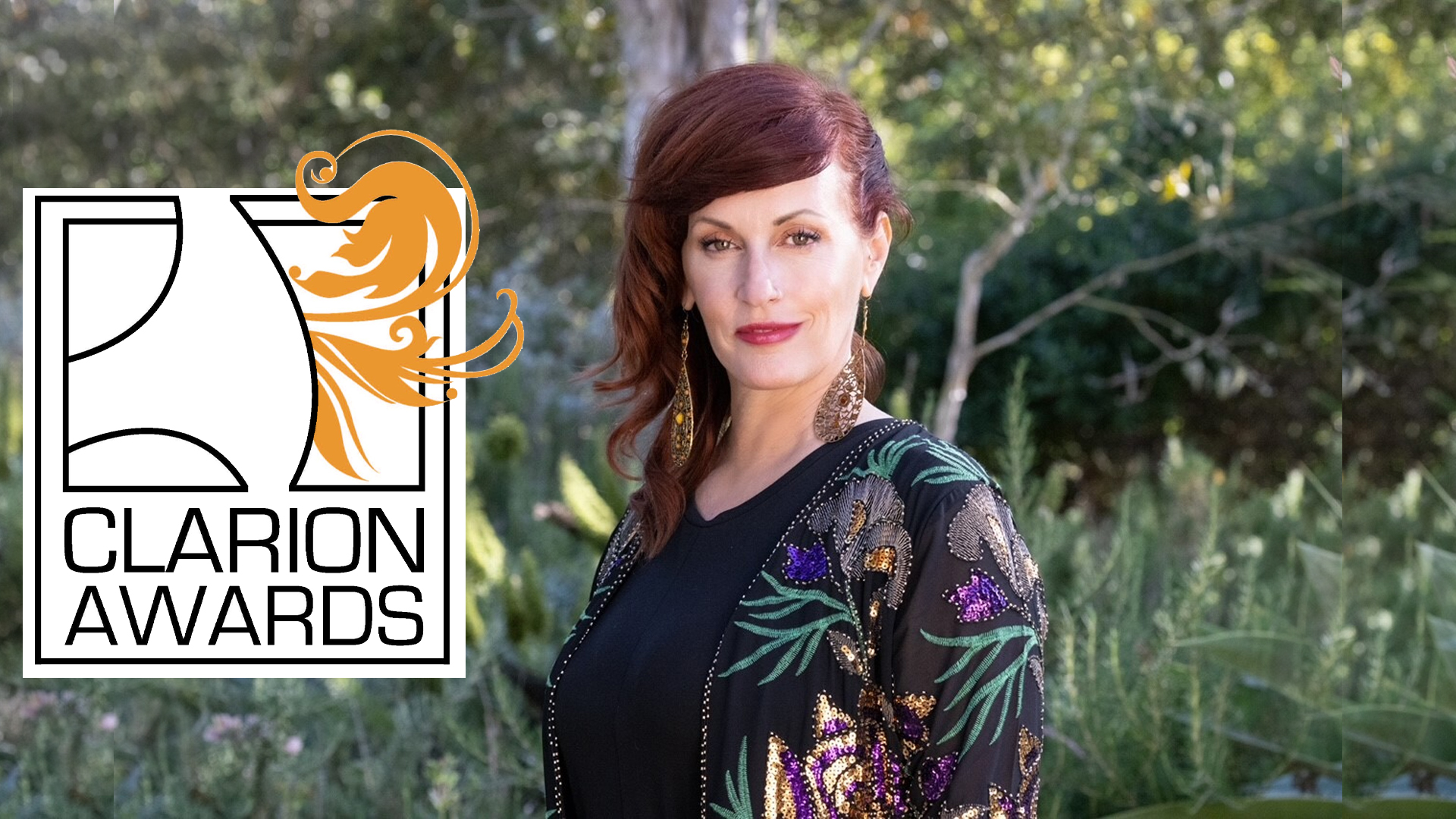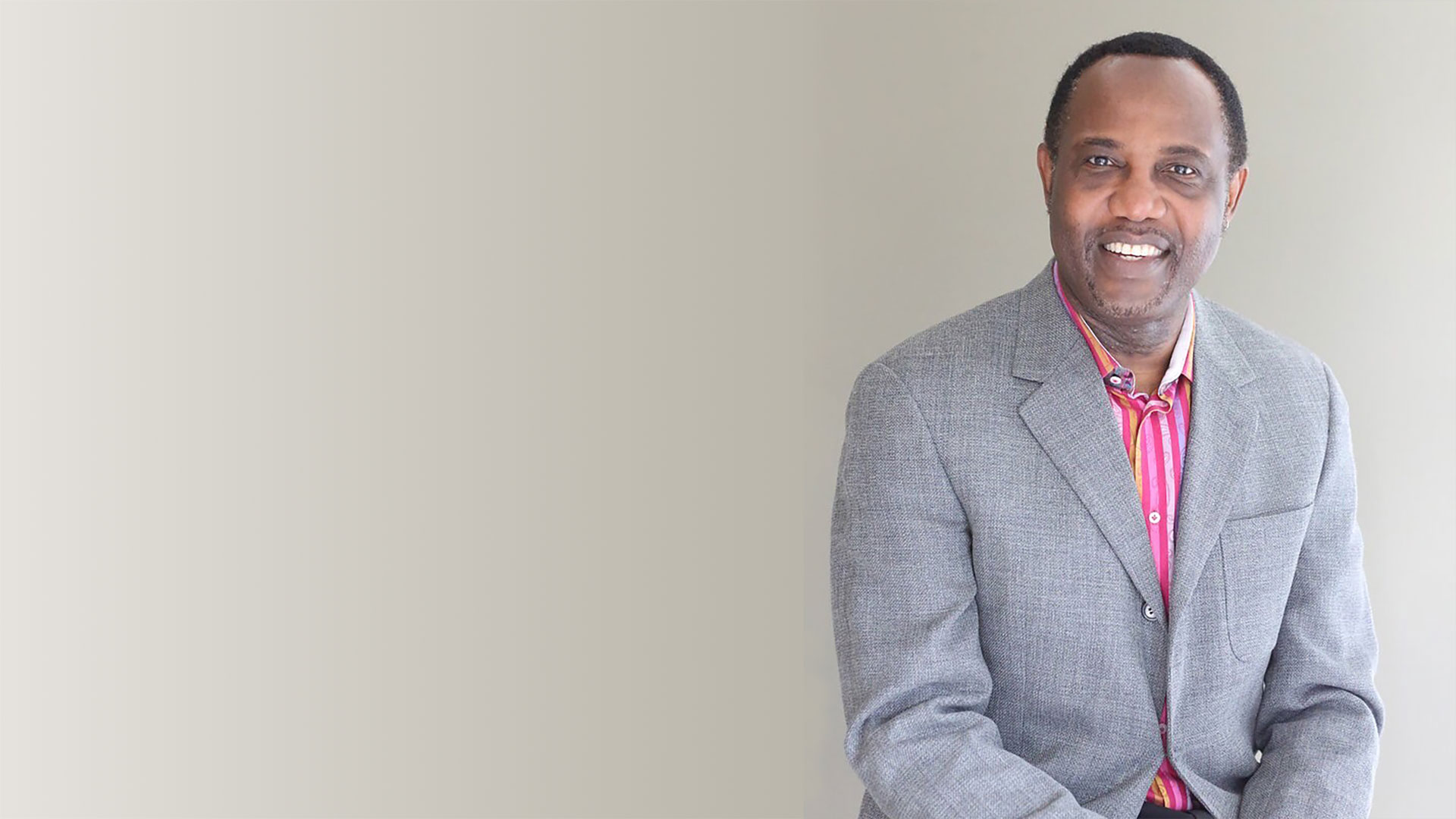Blogger: Scott Wakefield, PhD, ACC – Fielding EBC Faculty

In the late 90s, I attended a one-hour presentation of Immunity to Change (ITC) with Wildflower, Campany, and Grant. I was immediately attracted to the concepts but found myself unable to act on them. Over the next few years, I read the books (which are hard-going!) and worked on the Kegan-Lahey process of self-exploration, but it still wasn’t working for me. I was struggling to move from theory to practice.
Recently I participated in an online Immunity to Change workshop conducted by Dr. Wildflower that finally took, helping me become more aware and perhaps move closer to a new stage of development. Using Kegan’s orders of consciousness as a lens, I am moving away from a traditional phase where I allowed my environment to influence me and towards a state of greater objectivity. I’m not yet where I want to be (who is?) but I’m feeling liberated from the need to be defensive, and able to deal with many levels of abstraction. I feel free.
Before ITC, if folks challenged my thinking, I would get defensive, perhaps argumentative, insisting I was not wrong. In golf, if someone chastised me or made fun of me, I would feel the need to push back. In tennis, when my opponent hit a passing shot and celebrated, instead of celebrating with them, I would feel frustrated. But things are starting to change.
Here’s an example. I belong to a large golf group. We form teams, play golf, have lunch, we are in community. My job is to figure out the money, while golfers are sharing stories, others are giving me scores, a dude is telling me to hurry up with my figures. I’m at the table taking in the info, collecting money, listening to banter some of which is directed against me. Meanwhile friends outside the group are stopping by to tell about their round of golf. My wife comes by to give me a kiss and pretends to steal the money. You get the point – it’s frenetic.
In the past, I would have felt oppressed by all of this but try to mask it. That took a lot of energy. I would pay surface attention to folks. I’d feel offended by the golf buddy’s joking insults and would probably tell him to “bug off.”
Now I find I’m able to view this scene with a new lens. I’m more present to all the activity going on around me. When the dude tells me I’m not going fast enough, I stop, look him in the eyes, listen with my whole self, and acknowledge that he’s probably right. I am seeing him. As folks outside the group stop by, I drop what I’m doing, turn to look and listen, hear what they have to say. I am seeing them. My wife comes up. I stop, reciprocate her kiss, laugh as she pretends to steal money, even offer her more money to steal. Others are making fun of me when I make a mistake. It doesn’t bother me, I smile. I feel centered. I am OK with it all.
So what changed? What helped me to move from being subject to the external environment to see it objectively? It was the work with Dr. Wildflower using the ITC process of exploration to uncover my defendedness. In the online workshop, we worked as a group over a period of time to uncover our issues. The process included going back to early life experiences that contributed to creating assumptions that might be hidden. In my case, having grown up with five women and an emotionally removed Dad, I developed an oversensitive ego and the habit of defending myself.
During the workshop, I collected more data, tested the idea that it was OK to let go of stuff, and practiced being less defended. Wildflower and Brennan define neuroplasticity as “the idea that adults can change both the function and structure of their brains” and reference research showing that “concentrated physical practice stimulates brains to rewire themselves” (p. 63). I felt this was happening to me. I found that when I didn’t defend myself it was still OK. I was still lovable.
Back to the golf scene. While all this stuff is coming at me, all these challenges and demands on my attention, rather than seeing myself as a victim of circumstances, I am taking responsibility for what happens to me externally and internally. I feel free, uplifted, at peace. I’m also comfortable with addressing issues that I used to avoid, difficult conversations, sources of conflict. There’s more work to be done, but it’s work I look forward to doing.
I am aware that others in my life have not gone through what I have gone through, are held hostage by something. It’s OK, not everyone has adequate access to the full range of their responsibilities.
As coaches, we are asked to be self-aware. The ICF identifies this as a core competency. What is going on inside us while we’re coaching? Does “our stuff” show up? The Kegan and Lahey Immunity to Change process provided a powerful experience that has made me more comfortable with my own authenticity and enhanced my ability to establish trust and intimacy with my clients.
Kegan, R. (1994). In over our heads: The mental demands of modern life. Cambridge, MA: Harvard University Press.
Wildflower, L., & Brennan, D. (2011) The Handbook of Knowledge Based Coaching. San Francisco: Josey Bass.
Scott Wakefield is an adjunct faculty in Fielding Graduate University’s (FGU) Evidenced Based Coaching Certificate program. He holds a Masters in Psychotherapy, a Masters in Human Development and a PhD in Human Development (Fielding Graduate University), is credentialed in personality assessments and a trained Stephen Covey facilitator. Scott conducted Human Interaction Labs across the US for NTL. He spends time between New Hampshire and Florida being in community with others who have transitioned from work to play. You may reach him at gswakefield@fielding.edu.
For more on Fielding’s EBC Coach Training Program, see http://coach.fielding.edu
#coach #ebc #fielding #coachtraining #coaching #evidencebasedcoaching
Join Over 7,500 Fielding Alumni Located Around The World!
Change the world. Start with yours.™






Get Social